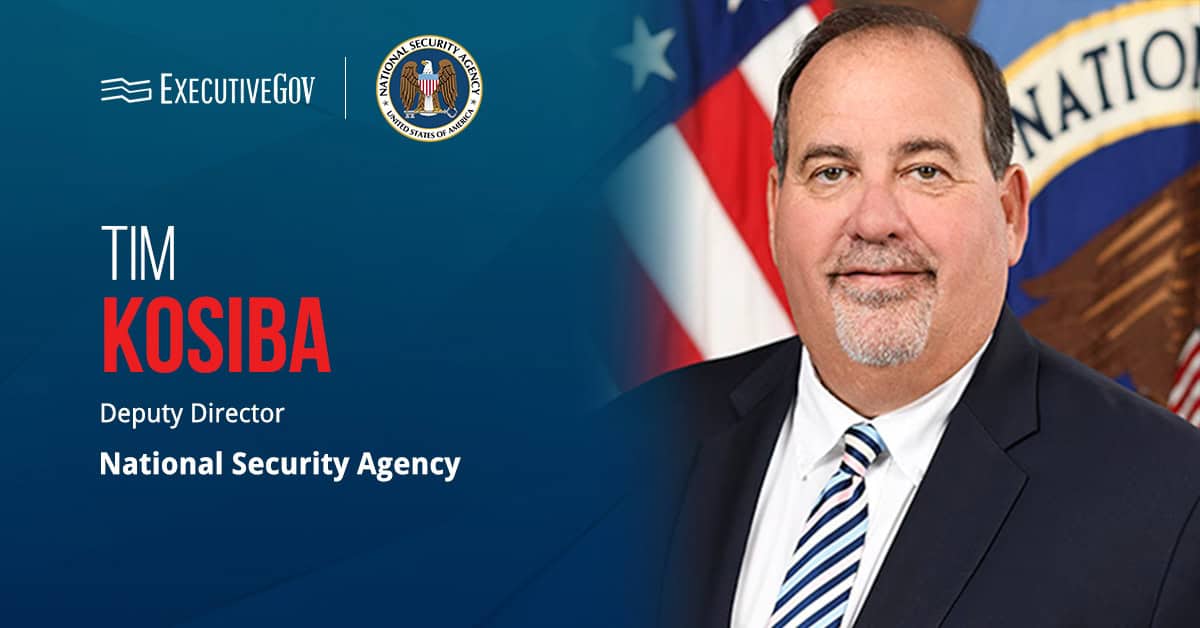
The Department of Energy intends to award up to $22 million in funds to back research initiatives in capturing carbon dioxide particles from ambient air. DOE said Monday that the Office of Science is looking for proposals that cover fundamental studies in chemical and material sciences.
The department's Office of Fossil Energy has also announced a funding opportunity in efforts to develop new materials and demonstrate prototype technologies. Chris Fall, director at DOE's Office of Science, said the department seeks to reinforce U.S. energy security and unveil potential commercial applications for direct air capture of carbon dioxide through the funding efforts.
FE aims to award $10 million from fiscal year 2020 funds, while SC plans to provide $12 million for three-year projects, with an additional $4 million from fiscal 2020 funds.





